
QANTAS: loses High Court appeal – the sacking of ground staff confirmed as illegal
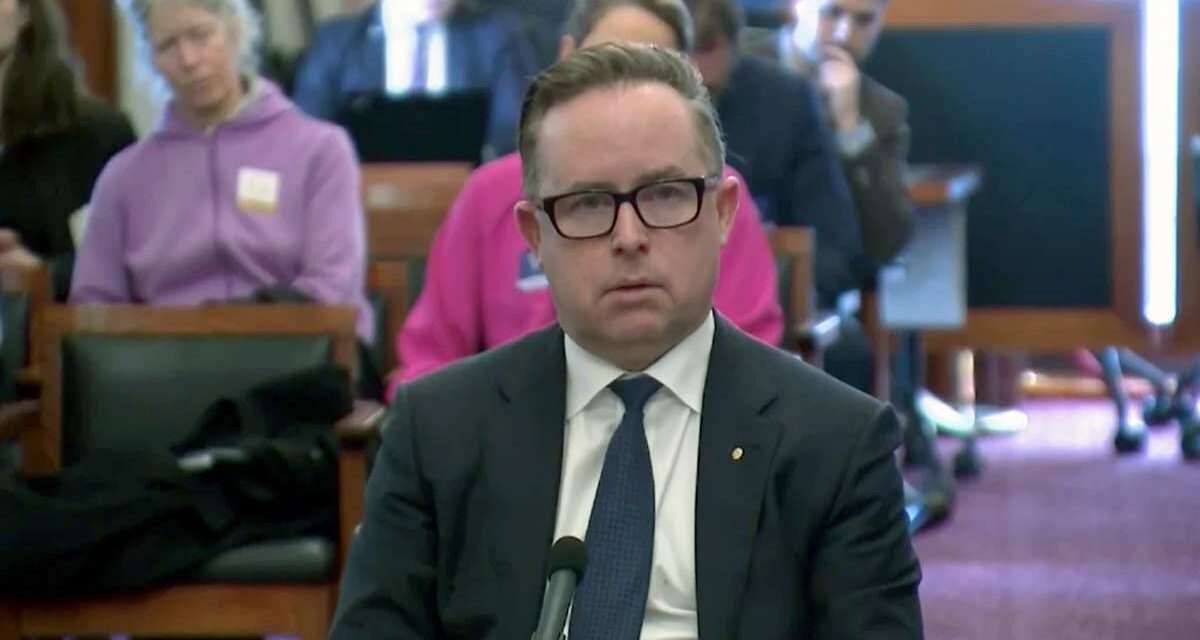
The High Court of Australia unanimously dismissed the Qantas appeal against an earlier judgement by the Federal Court that the sacking of 1,683 ground staff back in 2020 was a breach of the Fair Work Act.
Content of this Post:
Background to High Court decision
This is an important judgement not just because it confirms that Qantas behaved illegally in sacking the ground staff but also has broader implications for industrial affairs in Australia.
Qantas argued that the decision to outsource ground staff was made purely to deliver savings of over AU$100 million a year and to save AU$80 million on the purchase and maintenance of ground handling equipment.
![Ground handling, no longer done by Qantas employees [Schuetz/2PAXfly]](https://www.2paxfly.com/wp-content/uploads/2023/08/Sydney-Airport-T3-Arrival-gate-1-Qantas-lift.jpg)
However, the timing of the decision also had the implication of ‘effectively eliminating’ any protected industrial action that the Qantas union employees might have chosen to take in the remainder of 2020 and 2021, as such action was prohibited until the end of the enterprise agreement at the end of December.
The Transport Workers Union (TWU) claimed in legal proceedings that the decision was partly made to stop Qantas workers from taking industrial action. If classified as ‘protected’, industrial action is a workplace right under the Fair Work Act, and employers cannot take action against people for a workplace right.
This High Court decision is the third time the TWU’s argument has been supported. The original decision was in the Federal Court, the first appeal to the full bench of the same court, and now in the High Court. In all cases, the courts have agreed with the TWU, finding that Qantas did, in part make its decision because of the workplace right of protected industrial action.

Qantas Statement
‘Qantas acknowledges and accepts the High Court’s decision to uphold two prior rulings by the Federal Court regarding the legality of outsourcing the remainder of the airline’s ground handling function in 2020.
The Federal Court originally found that while there were valid and lawful commercial reasons for the outsourcing, it could not rule out that Qantas also had an unlawful reason – namely, avoiding future industrial action. The High Court has now effectively upheld this interpretation.
The decision to outsource the remainder of the airline’s ground handling function was made in August 2020, when borders were closed, lockdowns were in place and no COVID vaccine existed. The likelihood of a years’ long crisis led Qantas to restructure its business to improve its ability to survive and ultimately recover.
As we have said from the beginning, we deeply regret the personal impact the outsourcing decision had on all those affected and we sincerely apologise for that.
A prior decision by the Federal Court has ruled out reinstatement of workers but it will now consider penalties for the breach and compensation for relevant employees, which will factor in redundancy payments already made by Qantas.’
Qantas Statement
![New Qantas CEO Vanessa Hudson [Qantas]](https://www.2paxfly.com/wp-content/uploads/2023/05/230502-Vanessa-Hudson.jpg)
2PAXfly Takeout
This final appeal to the high court can be seen as the last bully-boy industrial act of the ex-CEO Alan Joyce. It was seen by many as desperate and unlikely to win. However, it confirms Mr Joyce’s reputation as playing hard in industrial relations. He almost started his reign as CEO with the grounding of the entire Qantas fleet back in 2011 over industrial issues, and now he virtually ends his leadership with the loss of equally strong-arm action.
The defeat of the appeal is perhaps a fitting end to this period of the Joyce/Goyder/Qantas ‘hard man’ approach to industrial relations.
It’s an attitude that has decimated the Qantas workforce, damaged morale, and caused many of the problems Qantas is suffering from now. Let’s hope that Vanessa Hudson, the new CEO will learn from the mistakes in industrial relations of the Joyce era.





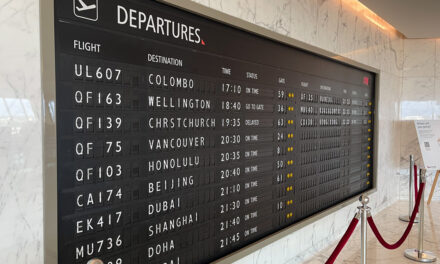







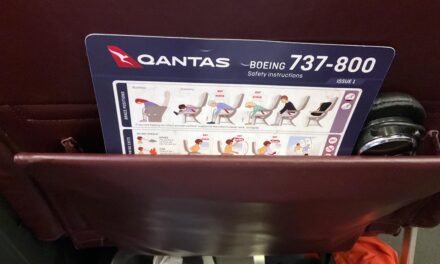
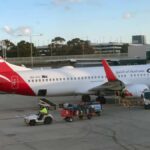

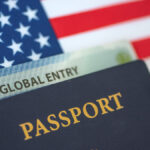



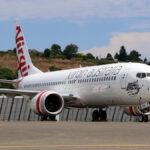

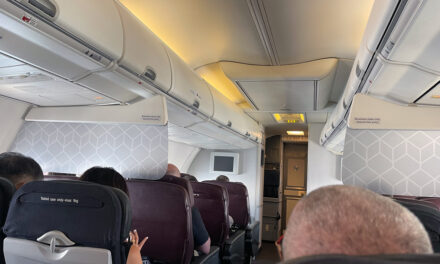



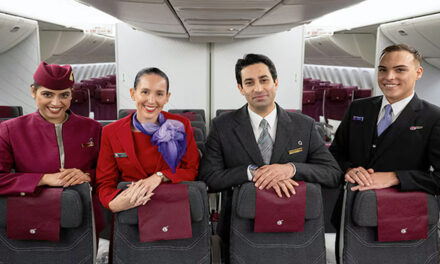
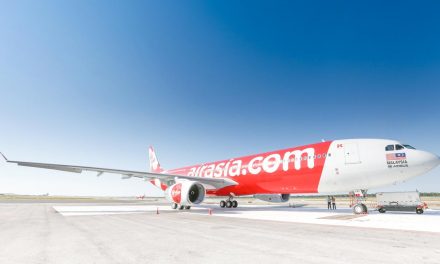






What did you say?